*
I would like to know more about cement walls with or without foam forms.Is it better than wood?Thank you :>
Discussion Forum
Discussion Forum
Up Next
Video Shorts
Featured Story
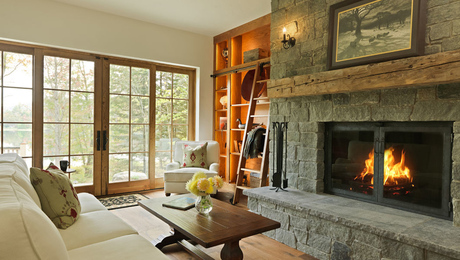
There are several reasons indoor fireplaces aren't the best choice for an energy efficient home.
Featured Video
Video: Build a Fireplace, Brick by BrickHighlights
"I have learned so much thanks to the searchable articles on the FHB website. I can confidently say that I expect to be a life-long subscriber." - M.K.
Fine Homebuilding Magazine
- Home Group
- Antique Trader
- Arts & Crafts Homes
- Bank Note Reporter
- Cabin Life
- Cuisine at Home
- Fine Gardening
- Fine Woodworking
- Green Building Advisor
- Garden Gate
- Horticulture
- Keep Craft Alive
- Log Home Living
- Military Trader/Vehicles
- Numismatic News
- Numismaster
- Old Cars Weekly
- Old House Journal
- Period Homes
- Popular Woodworking
- Script
- ShopNotes
- Sports Collectors Digest
- Threads
- Timber Home Living
- Traditional Building
- Woodsmith
- World Coin News
- Writer's Digest

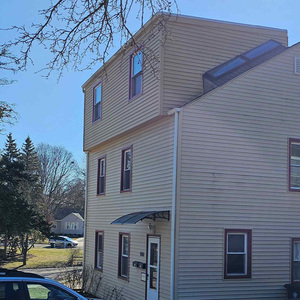
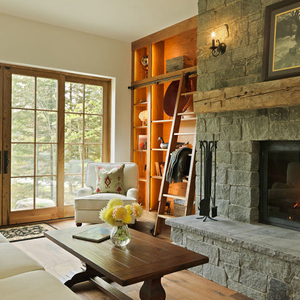
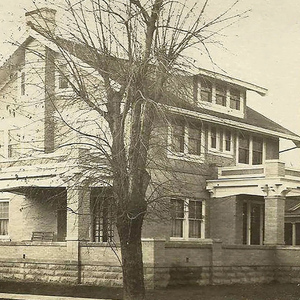
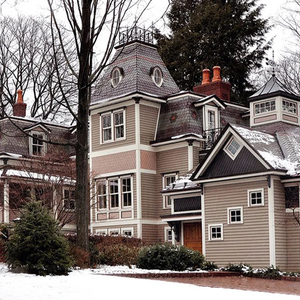







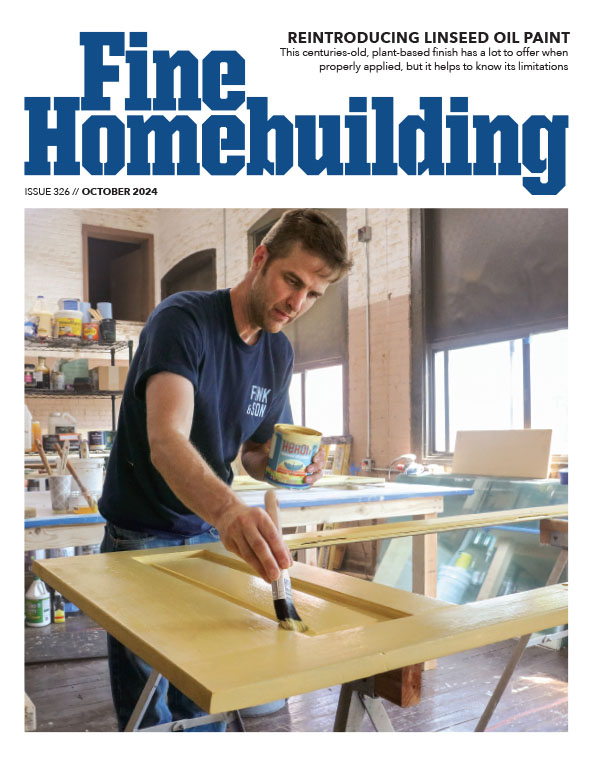





Replies
*
Stacy: That is kind of broad and general question so you may not get many answers. "Better" being in the eye of the beholder. Or at least the one who writes the check.
Can you do it? Sure. Much commercial construction is tilt-up slab or concrete block. Almost all residences in Germany are masonry - it is what they expect.
Consider that the vast majority of homes in the US are platform framed with 2x lumber. Or course other building styles prevail in Ireland, Somalia, or Indonesia. But here, the materials costs, what people expect a house to look like, and especially, what homebuilders have the skills to build push most people into conventional construction.
I had a boss who ask customers, "So, you want to be pioneer? You know who the pioneers are don't you?" Customer: "Oh, no." Boss: "The pioneers are the ones with the arrows in the backs."
*Stacey;I'm a concrete contractor building an insulated concrete form home for myself. If you can stand the learning curve, you will end up with a very well insulated, quiet, and sturdy house. Expect to pay less for your heating system and more for extension jambs. I would strongly recommend ICF's over non insulated concrete as you get the structure, sheathing, and insulation all in one shot. Good luck, Tim Cooper
*Many issues ago FH featured a house built out of stacked lightweight concrete blocks that could be cut with a handsaw. I believe it's a German product that is being made in the U.S. (I vaguely recall somewhere in Georgia ?)The exterior can be clad with just about anything but stucco is more common. I need to find that issue and re-read the article.There was no concrete truck or forms involved.It seems there are very many innovative use of concrete in Europe that could be a threat to many established trades for conventional homebuilding in the U.S.It would be nice if these are more commonplace here and no longer the topic of magazine articles for being different.
*Two places to check. http://www.westernforms.com & http://www.icf.comHabitat for Humanity here in New Orleans just built 4 homes using the western forms method, but myself I prefer the ICF system.Dan Patterson
*Alan,The article you are thinking of is on Rastra, however, you do need to re-read it as it does involve lots of concrete and rebar. Also check out integrid.com.
*teo-I am familiar with the Rastra article.It's kinda hard to miss that ready-mix delivery tube and very well illustrated story, so I don't think I'll need to re-read the story.The Rastra article, (which I happened to re-read the other day) reminded me to look up the other article featuring blocks that does not require a pour.I will post a note when I do locate the other story.Alan
*Search the archives on ICF. We discuss this about every two weeks it seems. What ever happened to the idea about the FAQ folder?
*I haven't found the FH article but managed to find the correct term for the block I'm thinking of.Although the company is no longer operating in the U.S., here is a start.http://www.oikos.com/esb/37/hebel.htmlThe generic name for this stuff is aerated concrete block.The search for lightweight concrete block yielded tons of results in yahoo.I will continue to look for the FH article in the searchable archive.Alan
*Still no luck on the particular FH article featuring a house built with the stuff.But I found a web site that has some practical info.http://www.hbp.usm.my/norizal/LWC/photo.htmOnce again, this is an alternative to the ICF method that seems to have gained better momentum in the U.S.Alan
*Stacy, Is concrete better than wood? That depends on a number of considerations. ICF has taken a big leap in this area of Montana the last few years. Yet there is alot of mis-information , exaggerated claims, and plain hype being passed around.I would suggest you seriously consider what you want in your home; do you live in a heating climate or cooling climate? Are wildfires a continual occurence? How much are you willing to spend for construction? Will you remodel / add-on in the years to come? Are you interested "green building"?Someone suggested the archieves here and I agree. There has been alot of information, pro and cons back and forth.Check http://www.buildinggreen.com Do a search for Rastra and one for enhanced R-values. They were both interesting articles.walk gooddavid
*Alan,Wild stuff, thanks for all the searching. The sites do not seem to show how seismic or wind forces are dealt with. Perhaps infill for post and beam type?
*Try,, ICFWeb.com,,icfhome.com
*Teo -It's me again...I finally stumbled upon the FH article on the aerated autoclaved concrete block house, which turns out to be in the Annual Issue on Houses, Summer 1999. Issue number 123.(page 82, "Building for Affordability and Energy Efficiency.")It would not be difficult to see the immense advantages of this building material over ICF and stick builds.Once again, as is the case with most sensible building techniques not common in this country, it will be many years (unfortunately) before builders embrace this.Hope you can find the issue for your perusal.Alan
*huge fires in LA County raged...the only surviving structure...concrete house set into the hillside.brian
*Aerated autoclaved concrete (AAC) blocks have some nice features in constructability and insulating effects. I would guess AAC blocks have strengths measured in hundreds of psi (at best), where cast concrete is typically in the range of 3,000-4,000 psi. A reinforced concrete wall has a much different performance than a masonry wall built with individual units. With adequate reinforcing, an ICF wall or conventional concrete wall has the potential for MUCH greater structural strength than a typical stick frame wall. David,My guess would be that a concrete wall (ICF or conventional) would be much less "green" than stick built. Is this what you're saying?ps. cement is but one part of concrete